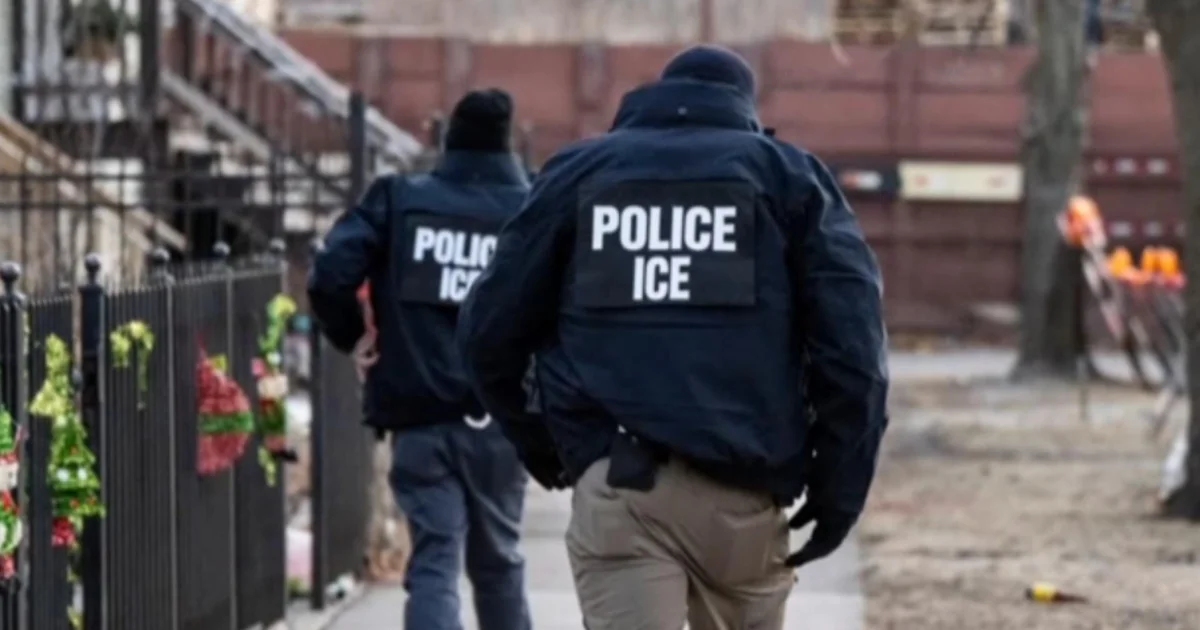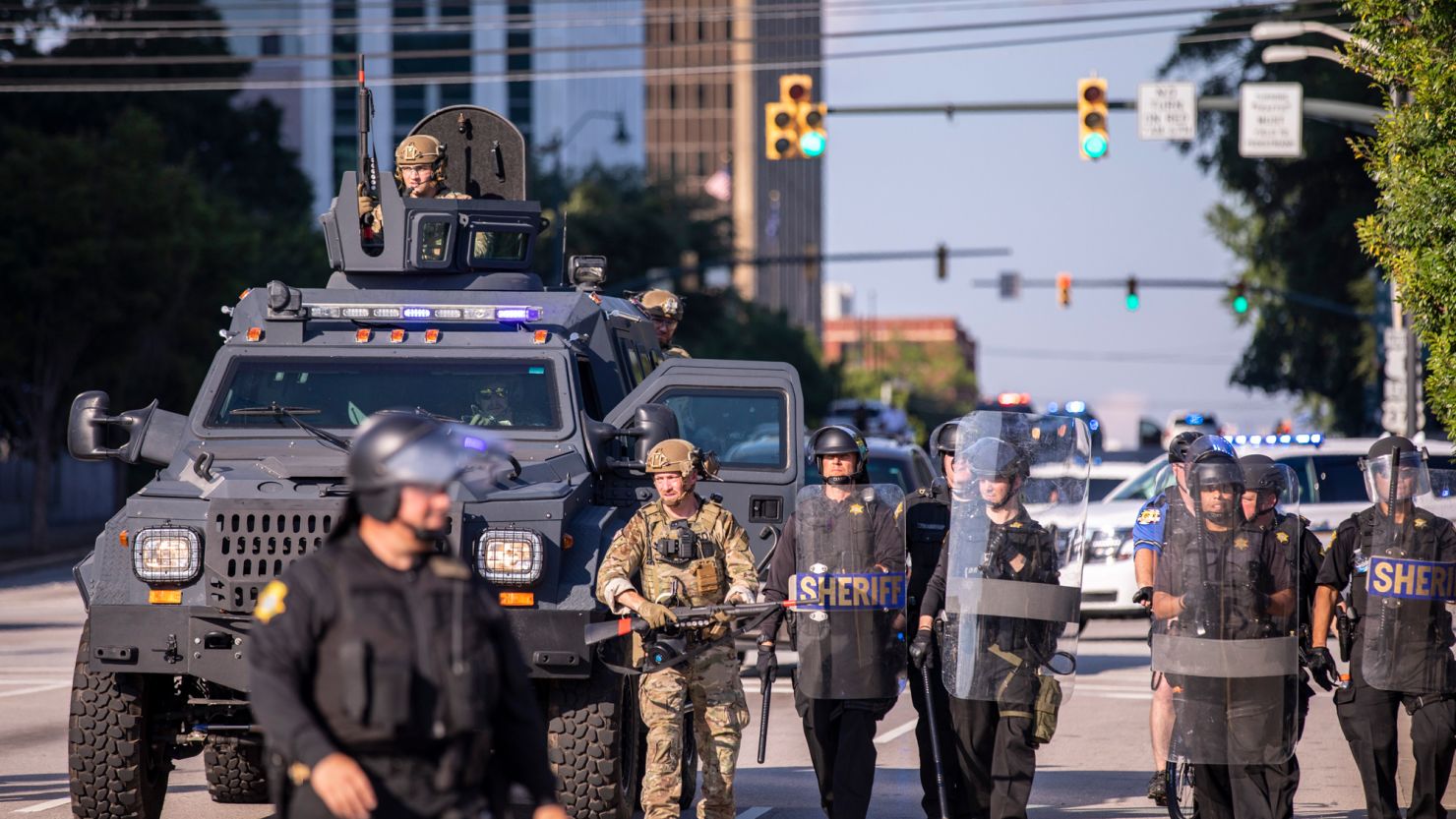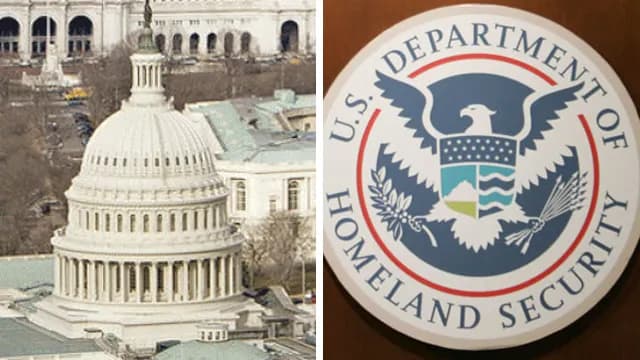The recent $178 billion funding boost for the Department of Homeland Security is not just a budget increase; it’s a declaration of war against marginalized communities. Under the guise of national security, the Trump administration is transforming ICE into the largest domestic police force in U.S. history, creating a chilling reality for immigrants and people of color.
Massive Funding Fuels Militarization
The funding increase, part of Trump’s One Big Boondoggle Act, is staggering. It includes provisions for 10,000 new ICE agents, retention bonuses, and new immigration detention camps according to reports. With this budget, ICE"s resources now dwarf those of the FBI, DEA, and ATF combined. The implications are dire: a militarized police presence will saturate our streets, disproportionately targeting immigrant communities and further entrenching systemic racism.
Historical Context of Police Expansion
The expansion of ICE and Customs and Border Patrol (CBP) is not without precedent. After 9/11, a similar surge in hiring led to rampant misconduct within CBP, as detailed by journalist Garrett M. Graff. Between 2005 and 2012, CBP officers faced over 2,000 misconduct arrests, illustrating the dangers of hastily expanded police powers according to the Department of Homeland Security. Today, we find ourselves repeating the same mistakes, risking the safety and civil liberties of countless individuals.
\n\n
ICE releases some migrant detainees as facilities surpass ...
Military Presence in Urban Spaces
Just last week, military-style operations unfolded in Los Angeles, where ICE and CBP agents paraded through MacArthur Park in full battle gear. This show of force was not about combating crime but rather instilling fear in a community already living under siege. As U.S. Border Patrol Chief Gregory Bovino ominously stated, “better get used to us now, cause this is going to be normal very soon.” This normalization of a militarized police presence signals a dangerous shift toward a police state, especially in cities with large immigrant populations as reported by various outlets.
Environmental Justice Implications
This escalation in police funding and presence has far-reaching implications beyond immediate civil rights concerns. The militarization of ICE and CBP will likely exacerbate environmental injustices, particularly in low-income communities of color. These communities often bear the brunt of both climate change and aggressive policing tactics. As funding shifts toward enforcement, essential resources for sustainable development and environmental health initiatives will dwindle, further entrenching inequality.
\n\n
Senior Pentagon officials are concerned about the militarized ...
Accountability and Transparency Are Essential
The rapid influx of funding without accountability invites corruption and misuse of power. The predictable graft that comes with a sudden windfall of federal money raises serious questions about oversight. As we’ve seen in past hiring surges, the rush to fill positions often results in inadequate vetting, leading to abuses of power that disproportionately impact marginalized groups. Increased funding for law enforcement should come with stringent oversight mechanisms to ensure that it does not turn into a tool of oppression.
As we move forward, it is crucial to amplify the voices of those most affected by these policies. The stories of immigrants, activists, and community leaders must be at the forefront of our discourse around national security and policing. A just society cannot thrive under the weight of a militarized police force that targets its most vulnerable members. The fight for climate justice is inextricably linked to the fight for social justice, and we must remain vigilant against policies that seek to undermine both.



![[Video] Gunfire between Iraqi security forces and Sadr militias in Baghdad](/_next/image?url=%2Fapi%2Fimage%2Fthumbnails%2Fthumbnail-1768343508874-4redb-thumbnail.jpg&w=3840&q=75)
